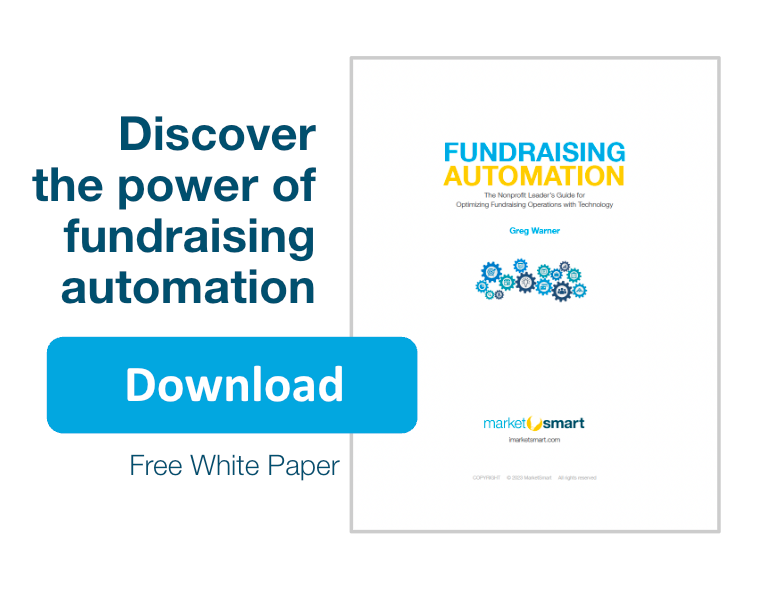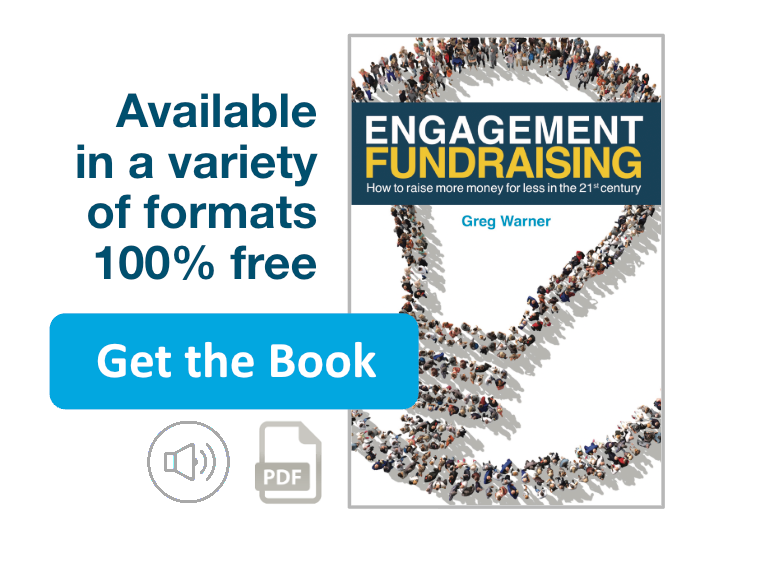My concern with so much of traditional fundraising is that it puts one or more parties in an uncomfortable position. Donors feel as if they are being wheedled or hounded to meet and when they do they feel surprised, if not ambushed, by an ask. Fundraisers feel as if they are being somewhat false in trying to make a case for a weak concept or being pushed into making a premature ask. CEOs feel as if they have to pretend to be the stereotype of the all-knowing visionary.
Why? Who came up with these scripts and stereotypes? What evidence do we have that they are necessary or productive?
Discomfort is a subtle but certain contagion. If one party feels it the ensuing interaction feels awkward, stilted, and sometimes just phony.
Creating comfort, then, is paramount. It must start with our efforts to find donors’ comfort zones. The best way to do that is to put them in charge of the process by previewing what we hope to accomplish before each interaction and by asking permission to take the next step. Specific questions for establishing their comfort zones are offered below.
While donors are the most important, they are only one part of the equation. The philanthropic facilitator must be comfortable, too – and that so much depends on whether they are being pushed into being transactional or empowered to be facilitative. Philanthropic facilitators work from precepts, principles, instincts, and ethics; they don’t work from a script. Yet how much of traditional fundraising puts the institutional representative in front of the donor with:
- Preconceived notions of how many steps the process will take
- Expectations of an ask being made in a specific time frame
- A single case for support
- A leave behind
- The inability to change direction based on donor interactions
- An unwillingness to change the organizational request based on donors’ revealed passions
So much of what I see being done in the name of fundraising training and coaching is one person’s formula, based on their comfort zone, being imparted to if not pressed on a range of people with very different personalities, backgrounds, and comfort zones. What so much more of it should focus on is how to find and work from your own comfort zone when seeking to facilitate philanthropy.
Indeed, when I am working with those with little or no fundraising experience – new presidents, deans, doctors, athletic directors and others – I stress from the outset that there is no personality type that proves most effective in facilitating philanthropy. I have seen extroverts and those full of bravado fail miserably because they came across as selfish, and introverts and those full of shyness succeed wildly because they came across as full of altruistic conviction.
Seven Questions That Help Us Find and Respect Donors’ Comfort Zones
- What’s the best way to contact you (e.g., phone, mail, text, etc.)?
- What’s the best time of day or day of the week to reach out?
- What’s your favorite way of processing information (e.g., reading, listening, watching, Q&A, etc.)?
- What kind of information is most helpful to you (e.g., stories, data, charts, vignettes, or combinations thereof)?
- What can we learn from your most and least satisfying giving experiences?
- What’s your pet peeve about nonprofit organizations?
- Describe the dos and don’ts you would have us follow when interacting with you.
Jim Langley is the president of Langley Innovations. Langley Innovations provides a range of services to its clients to help them understand the cultural underpinnings of philanthropy and the psychology of donors and, with that knowledge, to develop the most effective strategies and tactics to build broader and more lasting communities of support. Jim has authored numerous books including his most recent book, The Future of Fundraising: Adapting to New Philanthropic Realities, published by Academic Impressions in 2020.
Related Resources:
- Webinar: 4-Step Process for “Reimagining Fundraising Operations”
- The Power of Building Relationships: Why Donors Need Good Fundraisers
- The Essence of Philanthropy: A Vision That Endures
- Why AI and Machine Learning Fail to Help Fundraisers Build ‘QUALIFIED’ Major Donor Portfolios (or Caseloads)




